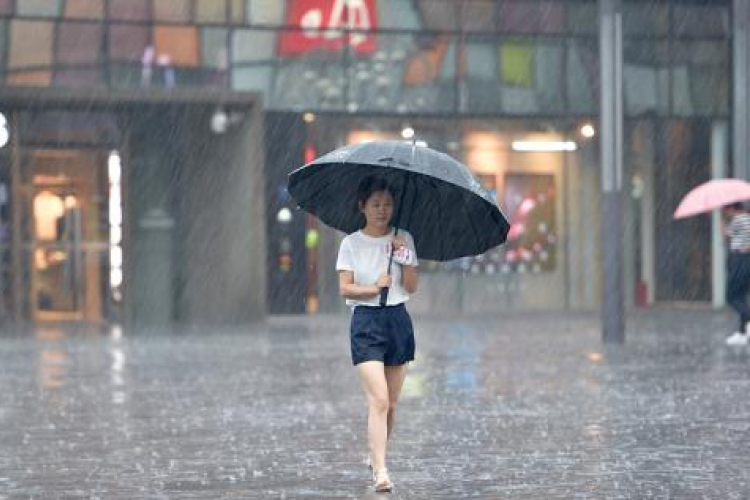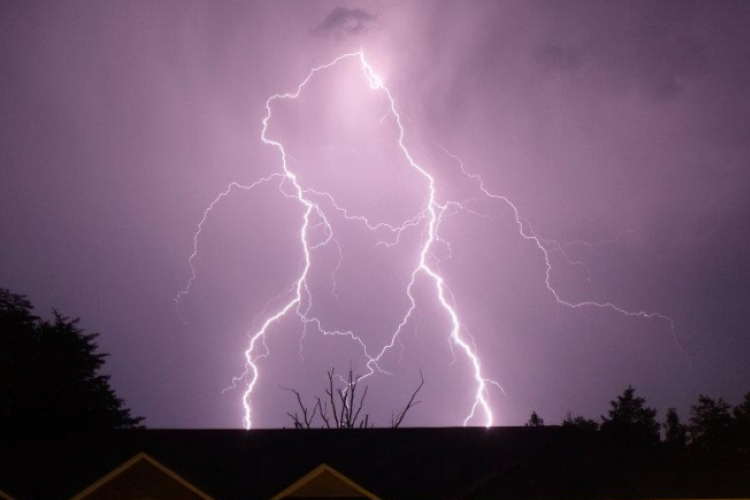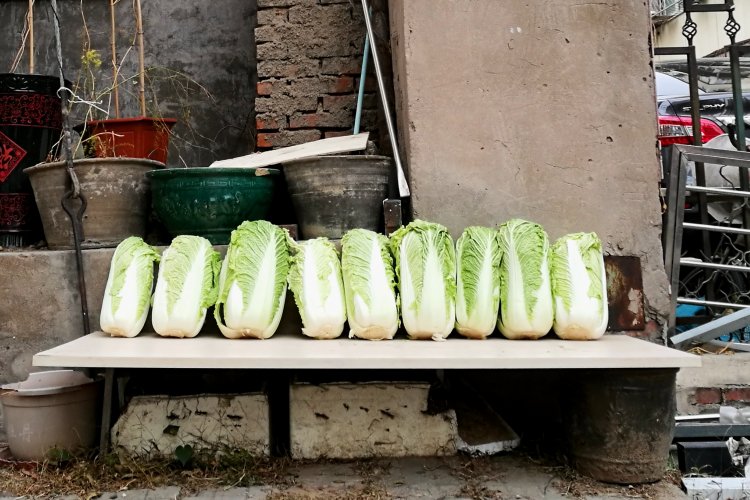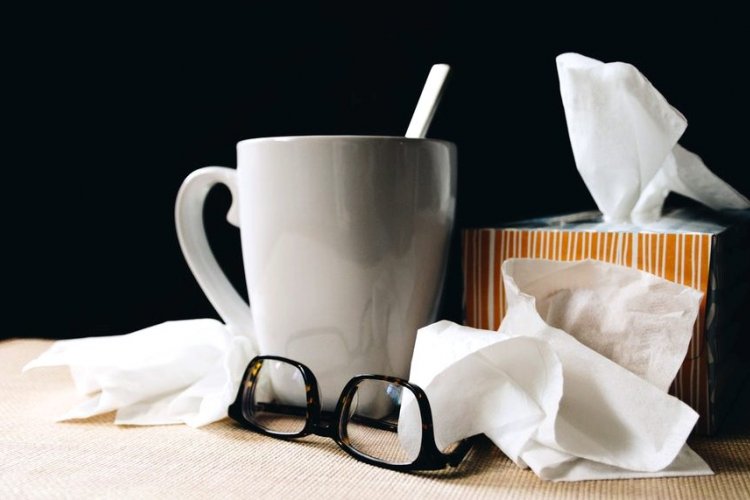Safety Tips During Heavy Rain and Flooding
Yesterday, Beijing issued a red rain weather warning, so it seems like the perfect moment to brush up on various safety tips in the likely event that the city continues to experience heavy rains throughout the summer.
When out and about:
- Do not walk or bike through flowing water. Flowing water that’s over 6 inches deep is enough to make you lose your footing.
- Do not drive through a flooded area. More people drown in cars than anywhere else. Don’t drive around road barriers as the road or bridge may be washed out (remind the shifu about that when they think it’s a smart move).
- Stay away from power lines and electrical wires as electrocution might occur.
Staying safe at home or in the office:
In the event that your electricity should go out, check if you have space in your freezer, then fill plastic containers with water up to 90 percent full. This will act as a coolant and keep the food cold.
- Staying in touch: Back up your computer regularly and consider investing in extra batteries for laptops or a DC converter, which allows most laptops to use the cigarette lighter in a car. Keep all mobile devices charged and have an extra phone that stays fully charged and that is kept somewhere safe and easily accessible.
- Protect your electronics: Use a surge protector for all appliances to protect them from shorting out.
- Just in case: Have flashlights, spare batteries, bottled water, a power bank fully charged, food supply that doesn’t require cooking and a first aid kit.
- Get familiar with your surroundings: Know where your electric service panel is located. In most apartment buildings, this will be along the hallways. Check to make sure there isn't a leak near that area; if there is one, call the management office immediately to get that area looked at.
After the rains have receded:
- Clean and disinfect everything that got wet. Floodwaters pick up sewage and chemicals from roads, farms, factories and storage buildings. Spoiled food, flooded cosmetics and medicines are all health hazards. When in doubt, throw them out.
- Soaked carpeting and padding should be pulled up and discarded.
- Look before you step. After a flood, the ground and floors are covered with debris, including broken bottles and nails. Floors and stairs that have been covered with mud can be very slippery.
- The use of large fans can speed the drying process and curtail the development of mold.
- Be alert for gas leaks. Use a flashlight to inspect for damage. Don’t smoke or use candles, lanterns or open flames unless you are sure that the gas has been turned off and the area has been aired out.
READ: Beijing News: CDC Chikungunya Advisory, Scams & Helmet Safety
These safety tips were sourced from maglioelectricllc.com, denvergov.org, and oci.ga.gov.
Images: Unsplash
Related stories :
Login or register to post comments.







